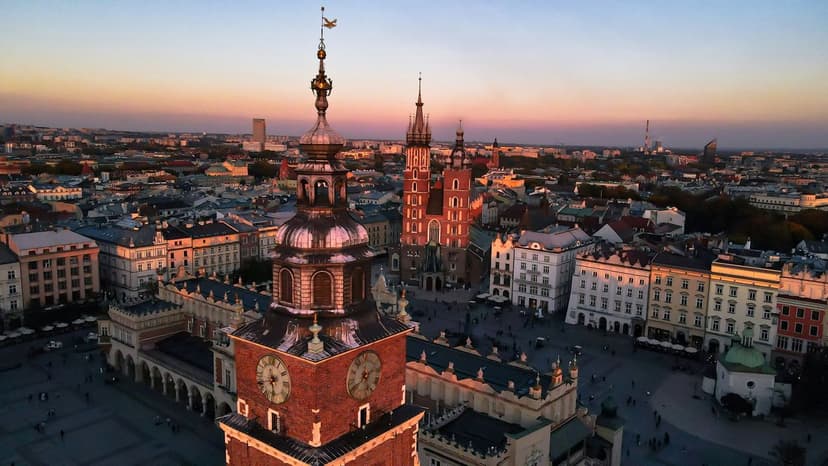
Let’s talk about activism in journalism during the war in Ukraine and how its meaning is changing
What is the difference between a journalist and an activist? Depends who you ask and what are the circumstances.
The Fix Newsletter
Everything you need to know about European media market every week in your inbox
138 articles • 0 Followers










